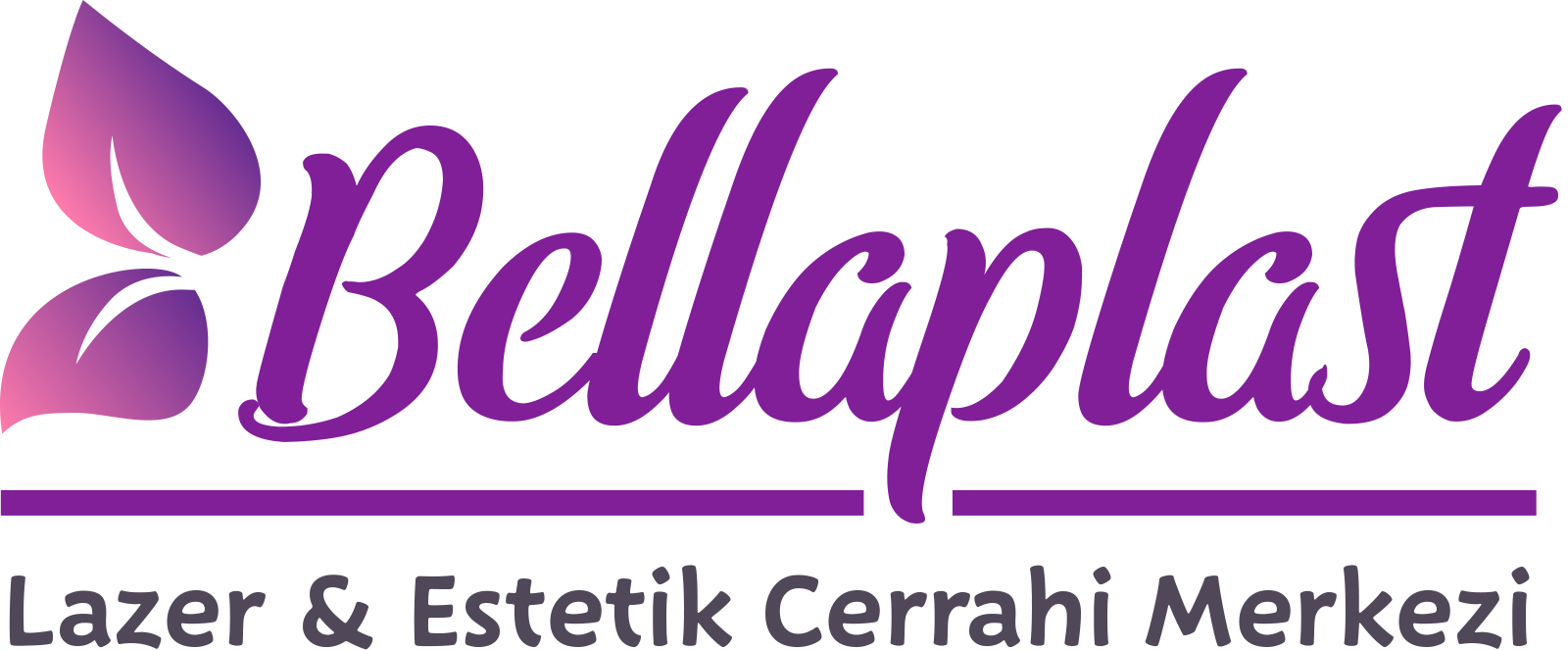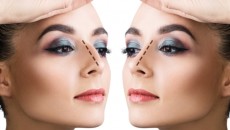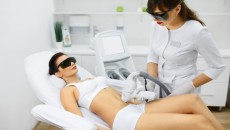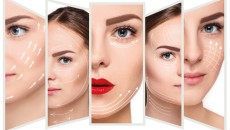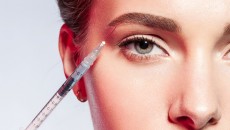Tattoo Removal

How many treatments will it take to remove my tattoo?
On average, professional tattoos require 5-6 treatments, while amateur tattoos may require 3-4 treatments, spaced approximately 6-8 weeks apart. The number of treatments depends on the amount and type of ink used and the depth of the ink in the skin. Occasionally technicians have needed to treat a tattoo 10-20 times.
What should I charge for the procedure?
The fee depends on the size of each tattoo, and how many treatments it takes to lighten or remove it to your satisfaction. Each tattoo treatment generally costs $135 for the 1st square inch and $25 for each additional inch. If more than one tattoo is being treated at the same time, you may offer pricing alternatives. A consultation fee of $40-$60 should be assessed for this quote.
What will the treatment be like?
It is less painful to have a tattoo removed than getting it put on. A numbing cream should be applied an hour or two before the procedure as well as our cooling spray. After the procedure the treated area may blister, swell, crust, scab, or bleed slightly. You will need to care for the area daily in order to prevent infection and get the best possible healing results. Your tattoo will then gradually fade for 6-8 weeks when we can again treat the area with our lasers. You may see additional fading for as long as several months so you can space the treatments farther apart but not closer than 2 weeks.
What colors can be removed?
Black ink absorbs all wavelengths of light and responds very well to diode laser treatments.
Green and Blue ink absorbs 670-890nm light best and responds very well to diode laser treatments.
Red, Orange, and Purple inks absorb 500-700nm light best and will only show marginal improvement with diode laser treatments.
Turquoise responds variably, depending on the pigments in the ink.
Yellow tends to reflect light and does not respond well to diode laser treatments.


